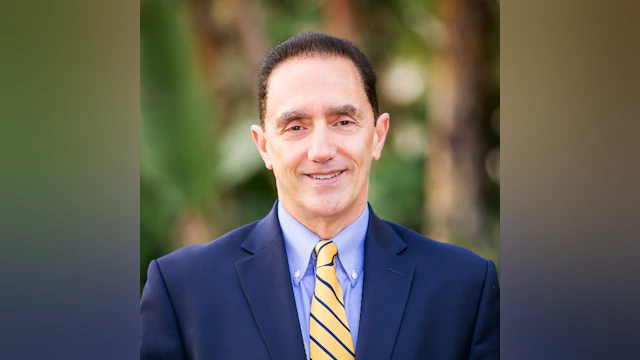WASHINGTON (MAY 13, 2021) – On Thursday, May 13 the U.S. House of Representatives’ Appropriations Committee’s Subcommittee on Labor, Health and Human Services, Education, and Related Agencies held a Congressional hearing titled Mental Health Emergencies: Building a Robust Crisis Response System. Robert Gebbia, Chief Executive Officer for the American Foundation for Suicide Prevention (AFSP), the nation’s largest suicide prevention organization, testified before the Subcommittee and provided the following statement:
“I am here to speak about a crisis response system that is better able to mitigate suicidal and mental health crises. As a result of the landmark National Suicide Hotline Designation Act, 9-8-8 will be live, nationwide, by July of 2022. This offers a unique opportunity to rethink and reimagine mental health crisis response. It is an opportunity we must not ignore. The Substance Abuse and Mental Health Services Administration (SAMHSA) has recognized that crisis call centers and hotlines, mobile crisis intervention teams, and stabilization services are the core components of an effective crisis response system. This describes the system we must invest in creating for all Americans. What might that look like?
First, 988 will connect callers to the National Suicide Prevention Lifeline, which consists of a network of over 180 local- and state-funded crisis centers across the U.S. These centers answer the millions calls and chats from people in distress that come through Lifeline every year. The Lifeline is a key component of crisis response, and it will need increased funding to meet the anticipated increase in call volume when 988 is available nationwide.
Second, the local crisis center infrastructure must be strengthened, or calls will go unanswered, wait times will increase, and people will not receive the help they need. Local centers must be adequately staffed and need training to ensure people in every state can rely on quality care. Of the millions of calls to the Lifeline network each year, 98% of crises are successfully de-escalated over the phone. Which brings me to my third point.
What happens when additional intervention and support is necessary, and a crisis must be responded to in person, whether through 988 or 911? Too many communities do not have the capacity to respond. Too often, law enforcement personnel are the only ones available – and are not trained to respond to these types of emergencies. Members of law enforcement do not serve as treatment providers for any other illness, yet they are the de facto responders for mental health crises. And what does that lead to?
Individuals in distress or who are suicidal, wait in emergency rooms or jail cells, sometimes for hours or days – without any mental healthcare, and when released they often lose contact with the health care system, and resurface again during the next crisis. Other individuals are admitted to a psychiatric hospital, often multiple times, for expensive care that may not meet their needs.
We must invest in a comprehensive crisis response system, that includes a continuum of care that can send mobile crisis outreach when needed, provide follow-up to callers, and divert from current efforts that do not ensure safety, or treat underlying mental health conditions or suicidality. We urge you to make the financial investments necessary and use the launch of 988 as an opportunity to reimagine crisis response - it will save lives.”
The American Foundation for Suicide Prevention is dedicated to saving lives and bringing hope to those affected by suicide. AFSP creates a culture that’s smart about mental health through education and community programs, develops suicide prevention through research and advocacy, and provides support for those affected by suicide. Led by CEO Robert Gebbia and headquartered in New York, with an Advocacy office in Washington, DC, AFSP has local chapters in all 50 states with programs and events nationwide. Learn more about AFSP in its latest Annual Report, and join the conversation on suicide prevention by following AFSP on Facebook, Twitter, Instagram, and YouTube.
Contact: Alexis O’Brien, 347-826-3577, [email protected]
